Thai and Cambodian troops clash in deadly border escalation as 11 civilians reported killed
At least 11 people, mostly civilians, were killed as Thai and Cambodian forces clashed along their border, with artillery, airstrikes, and accusations exchanged amid long-standing territorial tensions.

- Thai and Cambodian troops clashed along their border on 24 July 2025, leaving at least 11 people dead.
- Fighting involved small arms, artillery, and airstrikes, marking a major escalation of the long-standing border dispute.
- The incident followed a landmine blast that wounded five Thai soldiers on 23 July.
- Thailand expelled Cambodian diplomats, closed land borders, and urged citizens to return home.
At least 11 people, including 10 civilians and one soldier, were killed on 24 July 2025 as Thai and Cambodian military forces clashed along their disputed border in one of the most serious escalations in recent years.
According to Acting Thai Prime Minister Phumtham Wechayachai, the violence unfolded across six locations near the 800-kilometre frontier, primarily around the Ta Muen Thom temple area between Thailand’s Surin Province and Cambodia’s Oddar Meanchey Province.
Fighting erupted early in the morning and continued throughout the day, involving small arms, artillery, and rocket fire. The Thai Ministry of Defence confirmed it also conducted airstrikes in response to Cambodian troop movements.
Video footage from Thai border villages showed civilians fleeing their homes in panic. Most casualties were reported on the Thai side, though Cambodia has not released figures on its own losses.
Thai Ministry of Defence spokesman Surasant Kongsiri said hostilities began after Thai soldiers detected a drone, followed by the appearance of six armed Cambodian troops advancing toward Thai positions.
He added that Thai soldiers attempted to de-escalate the situation by shouting warnings, but Cambodian forces opened fire, triggering an exchange.
Cambodia, however, provided a different account. Its Ministry of National Defense claimed that Thailand initiated the conflict by deploying a drone over Cambodian territory, followed by artillery fire.
It stated that Cambodia “acted strictly within the bounds of self-defence, responding to an unprovoked incursion by Thai troops that violated our territorial integrity.”
Cambodian Prime Minister Hun Manet has formally appealed to the United Nations Security Council, requesting an emergency meeting to address what he described as “Thailand’s aggression.”
Diplomatic relations between the two Southeast Asian neighbours have deteriorated sharply. Following the initial incident—a landmine explosion on 23 July 2025 that wounded five Thai soldiers—Thailand recalled its ambassador from Phnom Penh and expelled Cambodia’s envoy.
In addition, Thailand sealed all land border crossings and urged Thai nationals in Cambodia to return home. No timeline was provided for reopening the checkpoints.
The root of the current conflict lies in decades-old disputes over demarcation lines along the Thai-Cambodian border. Although minor skirmishes have occurred periodically, this week’s clash marks a major escalation, both in scale and diplomatic consequences.
Past confrontations have usually been brief and contained, but the scale of artillery use and involvement of air power this time indicate increased severity.
The Ta Muen Thom temple area, a historical site claimed by both nations, has been a frequent flashpoint. It lies near other contested locations such as the Preah Vihear Temple, which was also at the centre of previous military tensions.
As of late 24 July 2025, fighting was still ongoing in several zones along the border. Neither side has signalled readiness for immediate ceasefire talks.
There has been no comment yet from ASEAN regarding mediation efforts, though observers note that the escalating conflict poses risks to regional stability and humanitarian safety, especially for civilians near the border.
Analysts warn that if unchecked, the situation could draw in broader international attention or further destabilise already fragile cross-border relations.
As of now, there has been no confirmation of foreign nationals affected by the clashes, but embassies in both countries have issued advisories urging caution.
The United Nations and other international stakeholders are expected to respond to Cambodia’s request for intervention in the coming days.


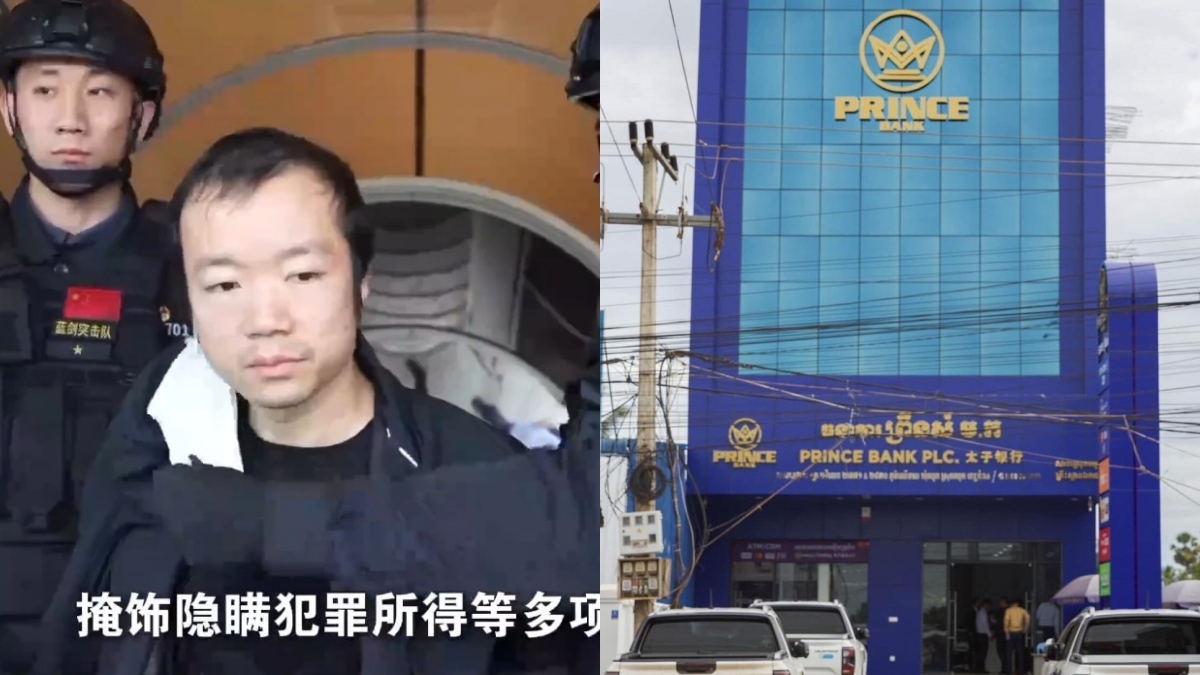
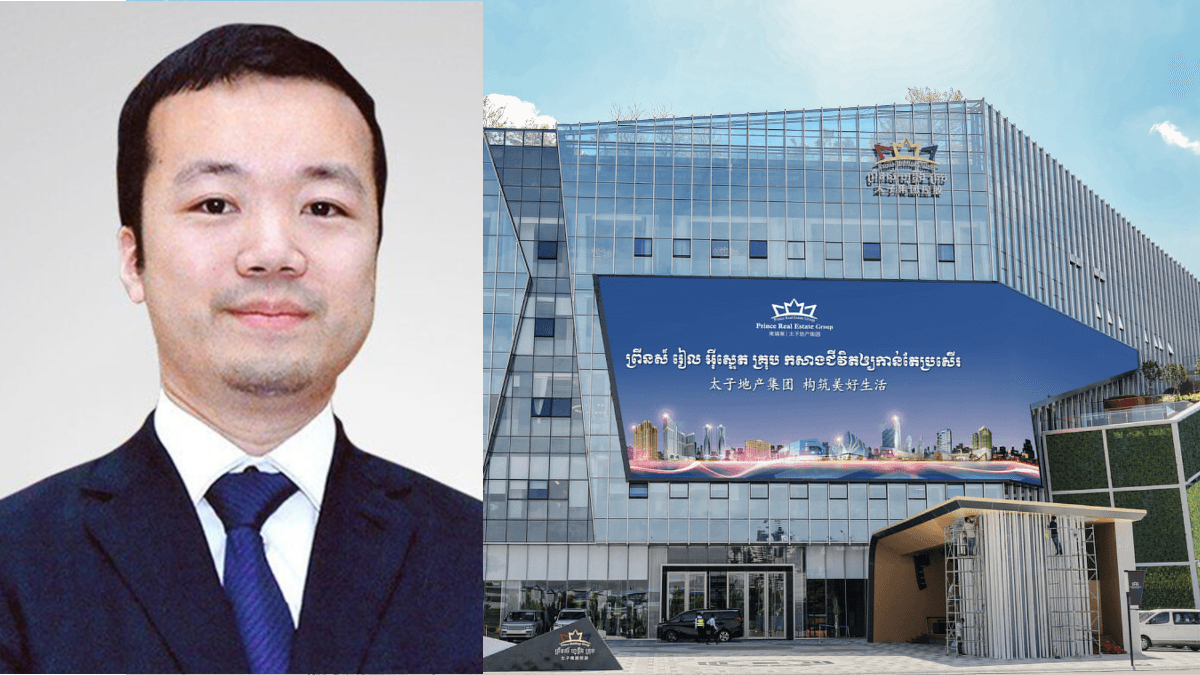

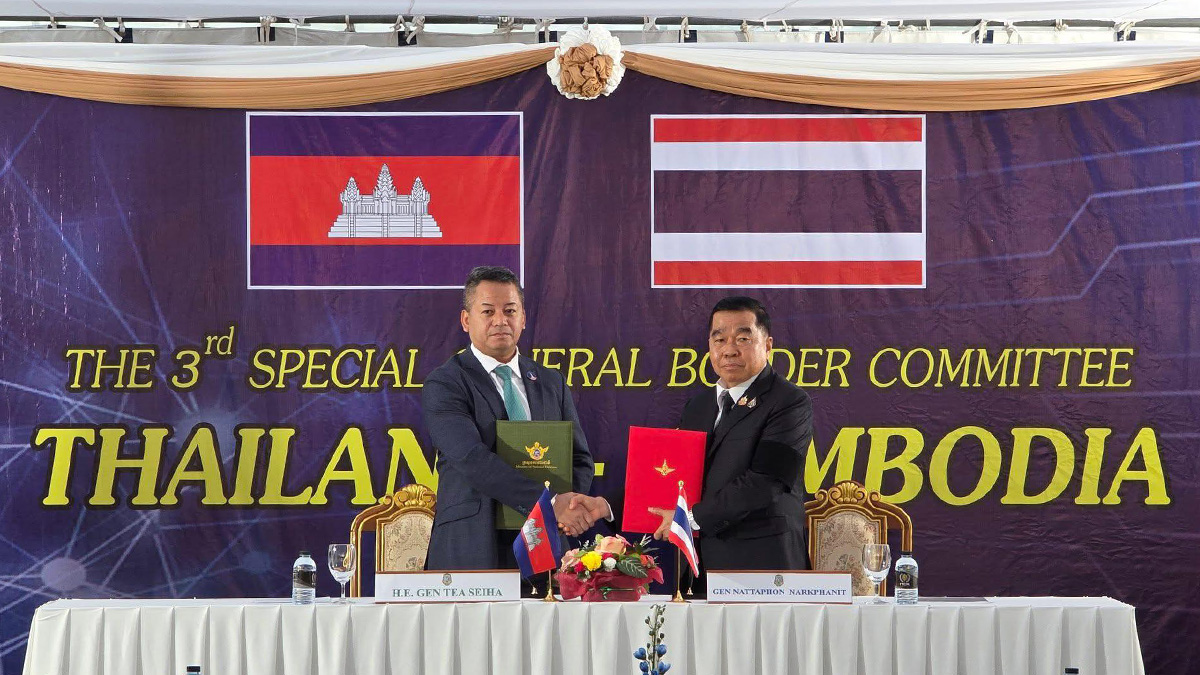
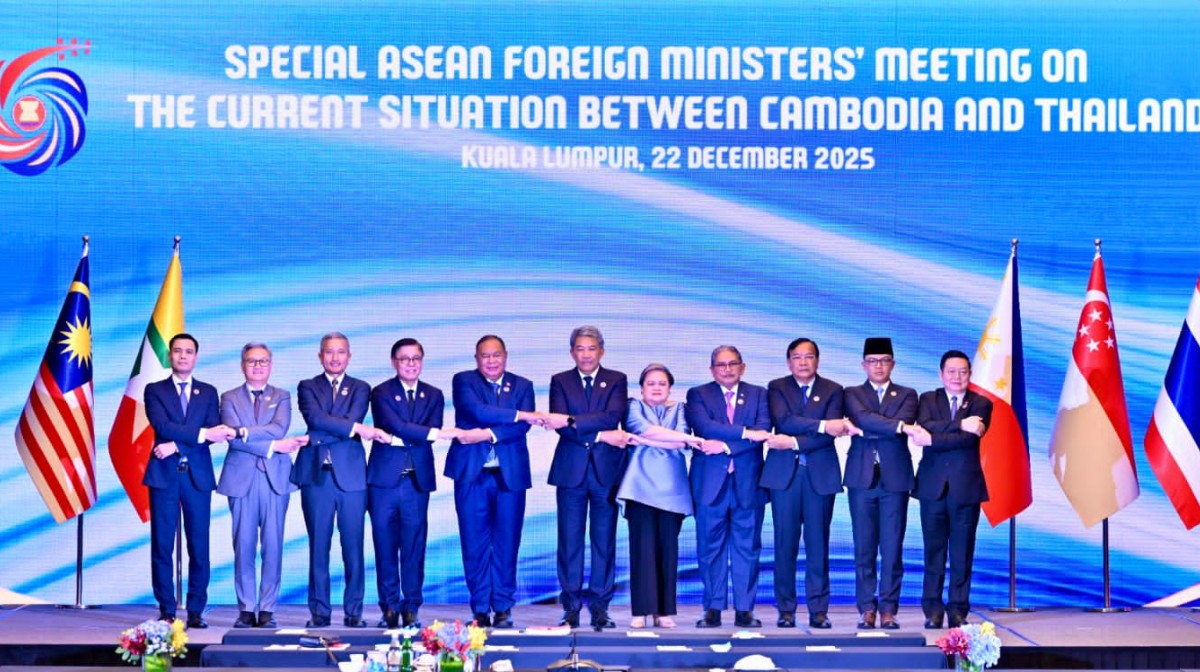
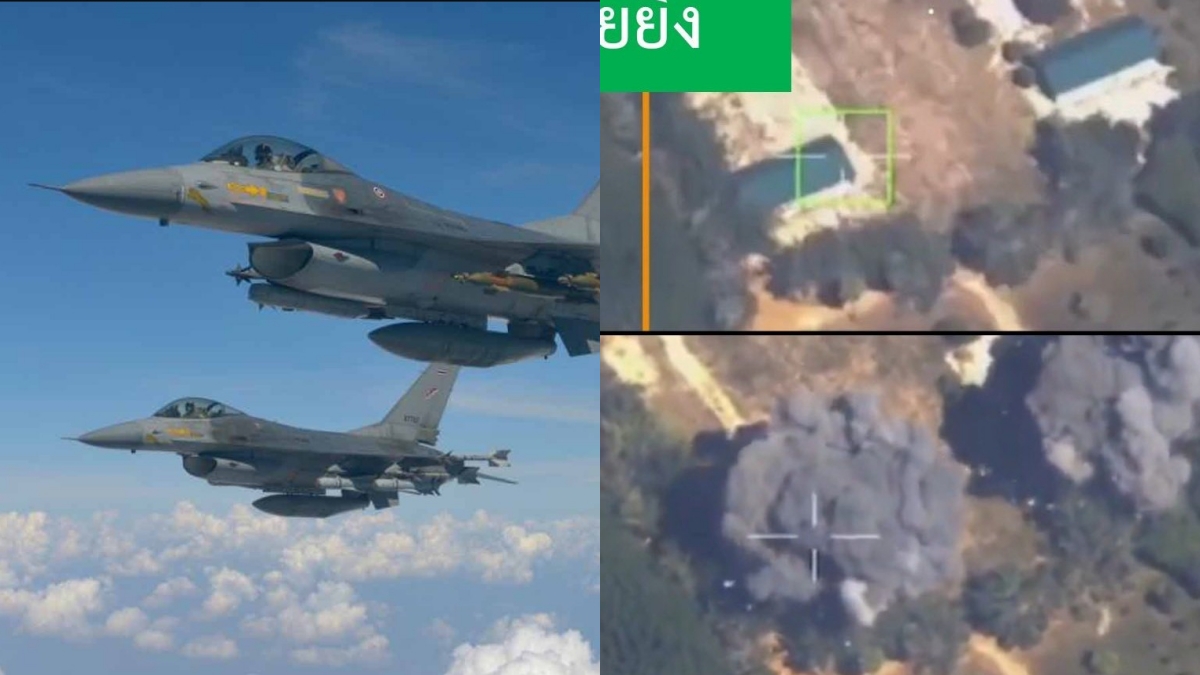
0 Comments